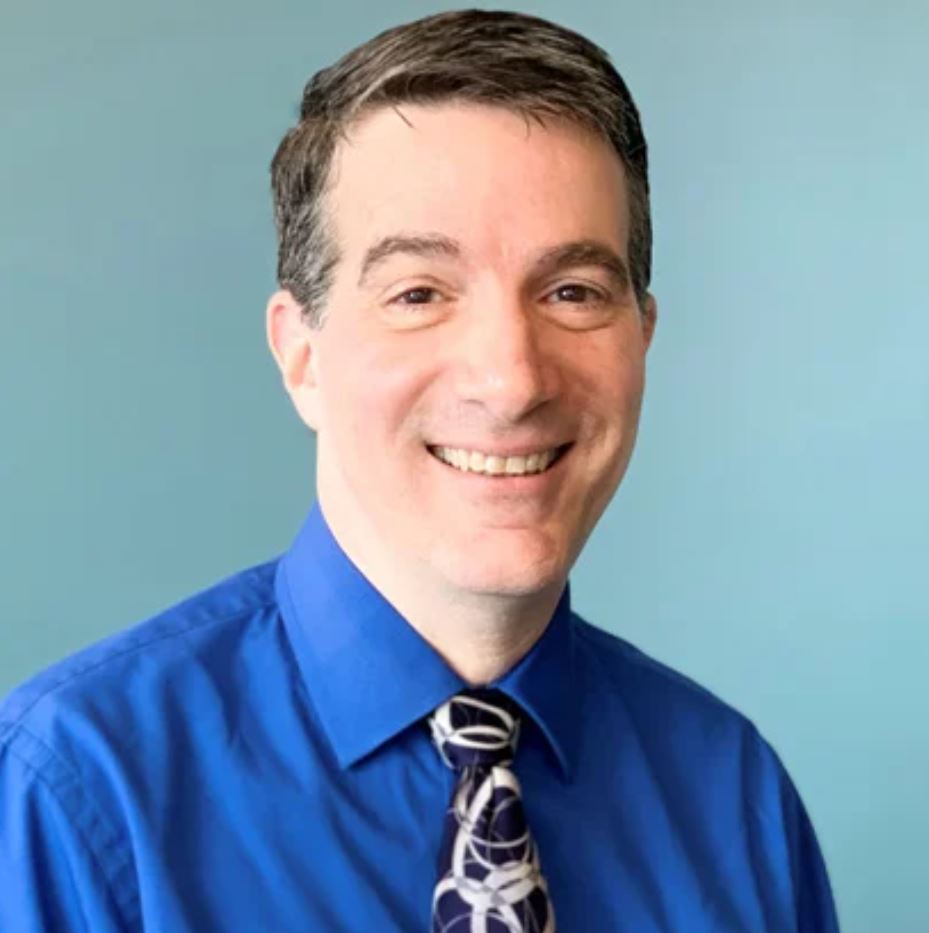
Philip Damiani, Ph.D.
Vice President, Laboratories and Scientific Operations
Embryotech Laboratories Inc., a leading service provider to the assisted reproductive technologies industry, today announced that well-known industry veteran Philip Damiani, Ph.D. has joined the company as Vice President of Laboratory and Scientific Operations. Dr. Damiani will be leading our laboratory operations and vision of our evolving reproductive research program by ensuring our laboratories are providing high-quality and innovative services to the assisted reproductive industries.
Dr. Damiani brings both the scientific expertise and hands-on client experience needed as Embryotech continues its strategic global growth. In his new role, Dr. Damiani will oversee the company’s services to the assisted reproductive technologies industry and laboratories, providing the latest quality control assays. Embryotech Laboratories’ scope of accreditation includes toxicity and functionality testing of raw materials, media, and devices intended for use in the medical industry and/or any device which may encounter gametes.
For more than 24 years, Dr. Damiani has worked extensively in the field of assisted reproductive technology, including sperm and embryo cryopreservation, in vitro fertilization, embryo manipulation, and nuclear transfer (cloning) for a wide variety of species. He is considered an expert in the areas of transgenic breeding, embryological cryopreservation and owns several patents for cloning methods, including domestic and non-domestic species.
Previously, Dr. Damiani served as Director of Embryology and Genetically Engineered Models and Services for Charles River Laboratories where he was responsible for coordinating scientific research and development within the company’s commercial embryology laboratory. Prior to his time at Charles River, Dr. Damiani held progressive leadership roles at Taconic, Envigo, Genetic Savings and Clone, Inc., Advanced Cell Technology, and Infigen, Inc.
Dr. Damiani received his B.S. in Zoology from the State University of New York at Oswego in 1988 and his doctorate from the University of Massachusetts in Reproductive Physiology in 1997.


